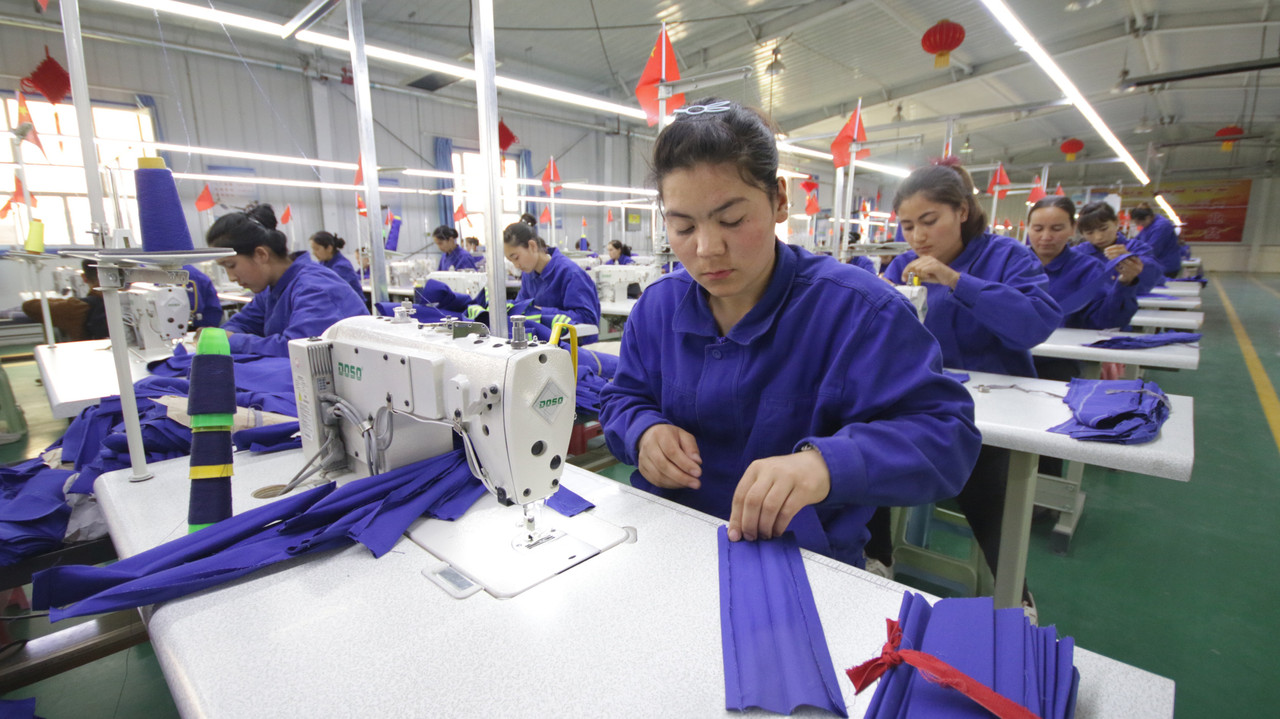Lidl, Hugo Boss, C&A, Aldi Nord and Aldi Sued are among the companies that were mentioned by the ECCHR. that the brands and retailers have until recently sources goods from firms operating in the China’s north-western province Xinjiang. This information has been extracted from the supplier lists published by the European companies.
Human rights groups such as Amnesty International have issued reports stating that the Chinese government has subjected to mass detention, torture and forced labour over a million people from the Uyghur Muslim community in Xinjiang.
The United States, the UK and the Netherlands are among the countries who have classified the Chinese Communist Party’s actions as a genocide. Beijing denies those accusations, saying that the camps in the Xinjiang Uygur Autonomous Region (XUAR) are part of a de-radicalisation programme for fighting terrorism.
The ECCHR’s criminal complaint was filed in Germany and demands national public prosecutors to investigate the legal responsibility of the European companies’ managers.
“The complaint highlights the potential systematic involvement of European companies in alleged state-sponsored forced labour in the XUAR,” says Miriam Saage-Maaß, head of ECCHR’s Business and Human Rights program. “It is unacceptable that European governments criticise China on human rights violations, while European companies may be profiting from the exploitation of the Uyghur population. It is high time that those responsible in the companies are held accountable if suspicions of forced labour are confirmed.”
In an Hugo Boss rejected the ECCHR’s claims saying that it “has not procured any goods originating in the Xinjiang region from direct suppliers.”
also refuted the claims saying that the company does not “tolerate any kind of forced, bonded or prison labour, or any kind of unauthorized subcontracting.”
Lidl stated that it has not worked for more than a year with the producer included in the March 2021 supplier list. The company also says it reviews potential risks such as human rights violations in the supply chains of its private label products and takes action as needed.
A similar complaint to that of the ECCHR was filed in France in April this year by anti-corruption law association Sherpa. French authorities have begun investigations while the Berlin-based NGO is now appealing to law enforcement in its own country.
